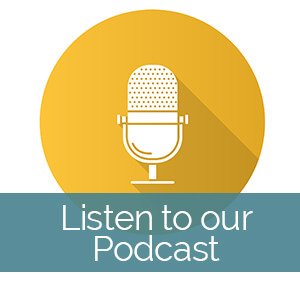Our Louisiana fertility centers will help you learn if IVF is right for you
In vitro fertilization, also commonly known as IVF, is the treatment of choice in cases of infertility when both fallopian tubes are blocked. Our Louisiana fertility specialists can help you decide if IVF is right for you.
Many couples wonder if they are good candidates for IVF. While IVF is used mainly for blocked tubes, it may also be used for unexplained infertility, endometriosis, cervical factor infertility, ovulation disorders, or when a man has a low sperm count.
Basically, IVF involves taking mature eggs from the woman, fertilizing them with sperm in a dish in a laboratory and then transferring the resulting embryos back to the woman’s uterus about 5 to 6 days after fertilization is confirmed. Nationwide, approximately 35 percent of women who try in vitro fertilization conceive, although success rates at Fertility Answers are well above this national norm. See our IVF Success Rates.
Are You a Good Candidate for IVF?
Couples that have been unsuccessful in getting pregnant with other fertility treatments often turn to IVF to conceive. IVF is especially beneficial to women with tubal issues. Since the IVF procedure bypasses the fallopian tubes entirely, many women with blocked or absent fallopian tubes find that IVF helps them to conceive.
Other good IVF candidates include women with fertility disorders like endometriosis and polycystic ovary syndrome, PCOS. Additionally, women with abnormal ovulation cycles can also get pregnant with IVF, since fertility drugs can be used to induce ovulation and generate healthy eggs. Even women that do not produce healthy eggs can use IVF if they want to use donor eggs.
If your partner has male factor infertility, you may also benefit from IVF. Ask your doctor about a procedure called intracytoplasmic sperm injection, ICSI. This procedure requires just one healthy sperm to fertilize an egg during IVF, making it a preferred fertility technique for men with low sperm count.
Who Is Not a Good IVF Candidate?
In vitro fertilization may not work for everyone. Conditions that may interfere with IVF success include fibroid tumors, ovarian dysfunction, abnormal hormone levels, and uterine abnormalities. Women with these issues may face lower rates of pregnancy with IVF.
Additionally, women older than 37 may have a reduced chance of getting pregnant with IVF since egg production slows as a woman approaches age 40. Women past their late 30s who do not produce healthy eggs may consider using donor eggs to increase their chances of conceiving with IVF. Use of donor eggs with IVF achieves similar pregnancy rates for women of all ages, and about 50 percent of women that attempt IVF with donor eggs are able to get pregnant.



